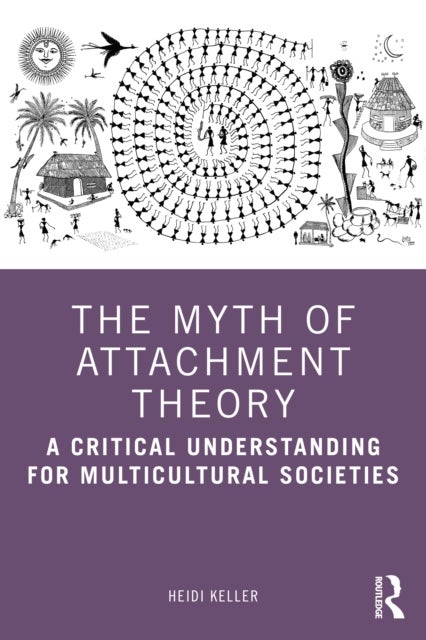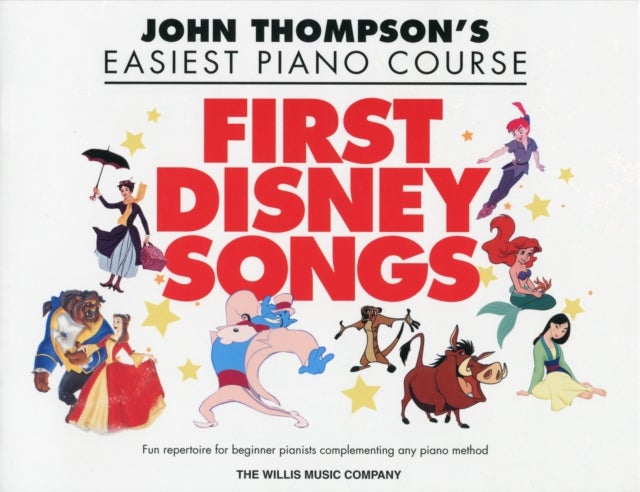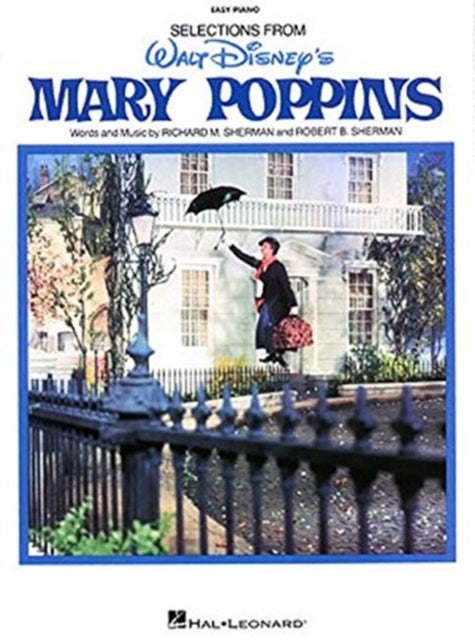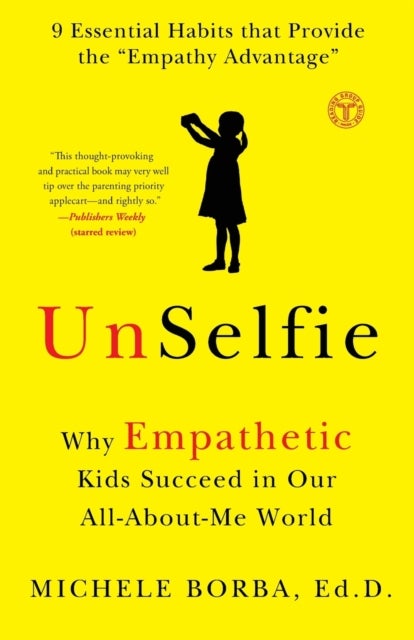
Specters of the Atlantic av Ian Baucom
379,-
<DIV>In September 1781, the captain of the British slave ship <I>Zong</I> ordered 133 slaves thrown overboard, enabling the ship’s owners to file an insurance claim for their lost “cargo.” Accounts of this horrific event quickly became a staple of abolitionist discourse on both sides of the Atlantic. Ian Baucom revisits, in unprecedented detail, the <I>Zong</I> atrocity, the ensuing court cases, reactions to the event and trials, and the business and social dealings of the Liverpool merchants who owned the ship. Drawing on the work of an astonishing array of literary and social theorists, including Walter Benjamin, Giovanni Arrighi, Jacques Derrida, and many others, he argues that the tragedy is central not only to the trans-Atlantic slave trade and the political and cultural archives of the black Atlantic but also to the history of modern capital and ethics. To apprehend the <I>Zong </I>tragedy, Baucom suggests, is not to come to terms with an isolated atrocity but t








